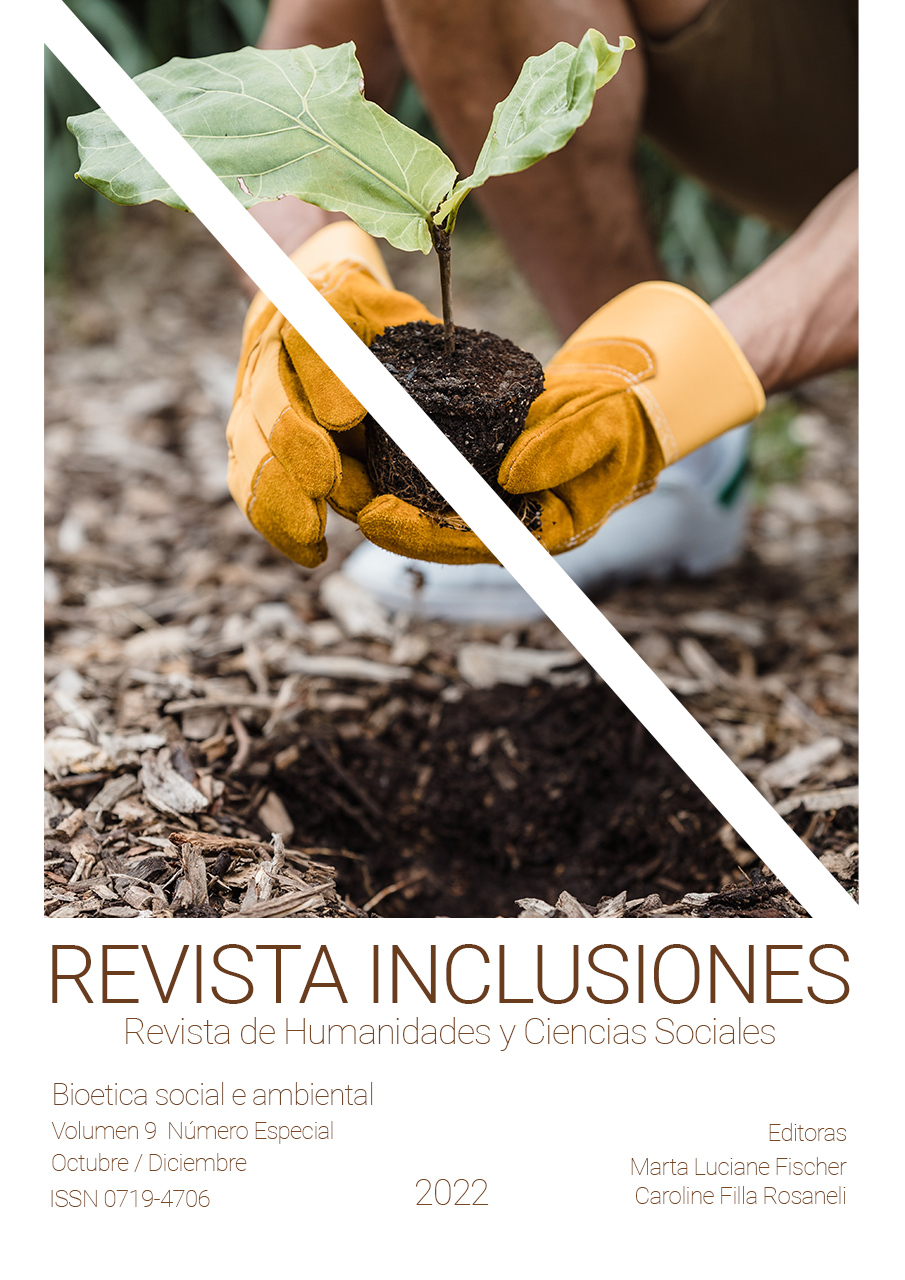LA PERCEPCIÓN DE LOS MAGISTRADOS DEL TRIBUNAL DE JUSTICIA DEL ESTADO DE PARANÁ SOBRE LA PRÁCTICA DE LA DISTANASIA
DOI:
https://doi.org/10.58210/fprc3399Palabras clave:
Bioética - Inutilidad médica - Responsabilidad jurídica.Resumen
Se ha entendido como cuidado la prolongación de la vida a través de soportes
artificiales. Esta concepción parte de la idea de que los avances biotecnológicos
disponibles en las Unidades de Cuidados Intensivos (UCI) pueden cambiar el
pronóstico de enfermedades incurables. El estudio tuvo como objetivo abordar la
responsabilidad en el ámbito administrativo, civil y penal, instrumentos capaces de
inhibir la distanasia, e identificar la percepción de los jueces sobre la distanasia. Se
trata de una investigación empírica, realizada con magistrados del Tribunal de
Justicia del Estado de Paraná, utilizando un cuestionario virtual sobre aspectos
relacionados con la práctica. El resultado mostró que el 29,1% no entiende la
distanasia; el 57,8% entiende que el uso de la biotecnología representa un
procedimiento terapéutico beneficioso; el 68,9% enfatiza que no se debe
responsabilizar al médico; El 94,4% tiene en la Directiva Anticipada (DA) un
instrumento capaz de inhibir la distanasia; y el 96,7% admite la necesidad de una
comprensión y reflexión más adecuada sobre los contenidos de la bioética.
Descargas
Publicado
Versiones
- 17-11-2022 (2)
- 30-09-2022 (1)
Cómo citar
Número
Sección
Licencia
Derechos de autor 2022 Franciane Fabíola Campos, José Eduardo de Siqueira, Miguel Kfouri Neto

Esta obra está bajo una licencia internacional Creative Commons Atribución 4.0.
Los autores retienen los derechos de autor y otorgan a Revista Inclusiones el derecho de publicación bajo Creative Commons Attribution 4.0 International (CC BY 4.0). Esto permite el uso, distribución y reproducción en cualquier medio, siempre que se otorgue la debida atribución al autor.











